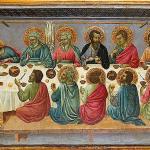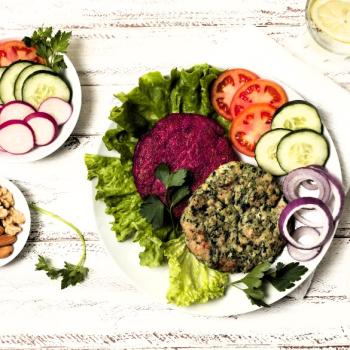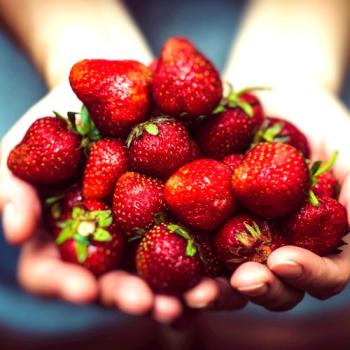
Understanding the Connection Between Food and Religion
Is there a relationship between food and religion? The simple answer is yes. Food is an indispensable component of our daily routines, essential for survival, and critical in our culture and traditions. Faith and food have been symbiotic for centuries, with many religious customs and beliefs revolving around food. In this post, I would like to explore the connection between food and religion, examining how it has influenced the way we eat and worship.
Food as a Symbol of Religious Faith
Food has frequently acted as a symbol of faith in multiple religions, signifying spiritual nourishment and sustenance. For example, in Christianity, the sacrament of Eucharist involves partaking of bread and wine, which symbolize the body and blood of Christ. Similarly, in Judaism, the celebration of Passover Seder entails consuming specific foods such as matzah, bitter herbs, and wine, which symbolize the story of the exodus from Egypt.
Food as a Form of Religious Worship
Food can also serve as a form of worship in religion, where preparing and consuming it becomes a religious practice. A few examples include these practices by other world religions. In Hinduism, food is deemed sacred, and cooking and preparing it is considered an act of worship. The concept of prasāda, which refers to food offered to deities, is a crucial aspect of Hindu worship. In Islam, fasting during the month of Ramadan is considered a way of worship, where abstaining from food and drink during the day is viewed as a means of purifying the soul.
Food as a Means of Community
Food is commonly used as a means of fostering and maintaining community in many religious traditions. For instance, in Sikhism, the langar, which refers to the communal kitchen, is a place where anyone, irrespective of caste or creed, can come together and share a meal. The notion of hospitality is also fundamental to several religious traditions, where offering food to guests is viewed as a way of extending kindness and generosity.
Food as a Source of Ethics
Food can also be a source of ethical considerations in many religious traditions. To illustrate, in Jainism, vegetarianism is a central tenet of the religion, as it is believed that consuming meat and other animal products involves causing harm to other living beings. Similarly, in Buddhism, the concept of ahimsa, which translates to non-violence, extends to the consumption of food, where the consumption of meat is discouraged.
Food as a Way of Preserving Traditions
Food can also serve as a means of preserving religious traditions and cultural heritage. Many religious festivals and celebrations involve specific foods that have been passed down through generations. For example, in the Jewish tradition, the consumption of matzah during Passover is a way of commemorating the exodus from Egypt. Similarly, in Hinduism, the consumption of sweets during Diwali is a way of celebrating the victory of good over evil.
Summarizing the Connection Between Food and Religion
Food and religion are interwoven, with many religious practices and beliefs revolving around food. Food is not just a means of sustenance, but it is also a symbol of faith, a form of worship, a means of community, a source of ethical considerations, and a way of preserving traditions. Understanding the connection between food and religion can help us appreciate the significance of food in our lives and the role it plays in our cultural and religious traditions.












